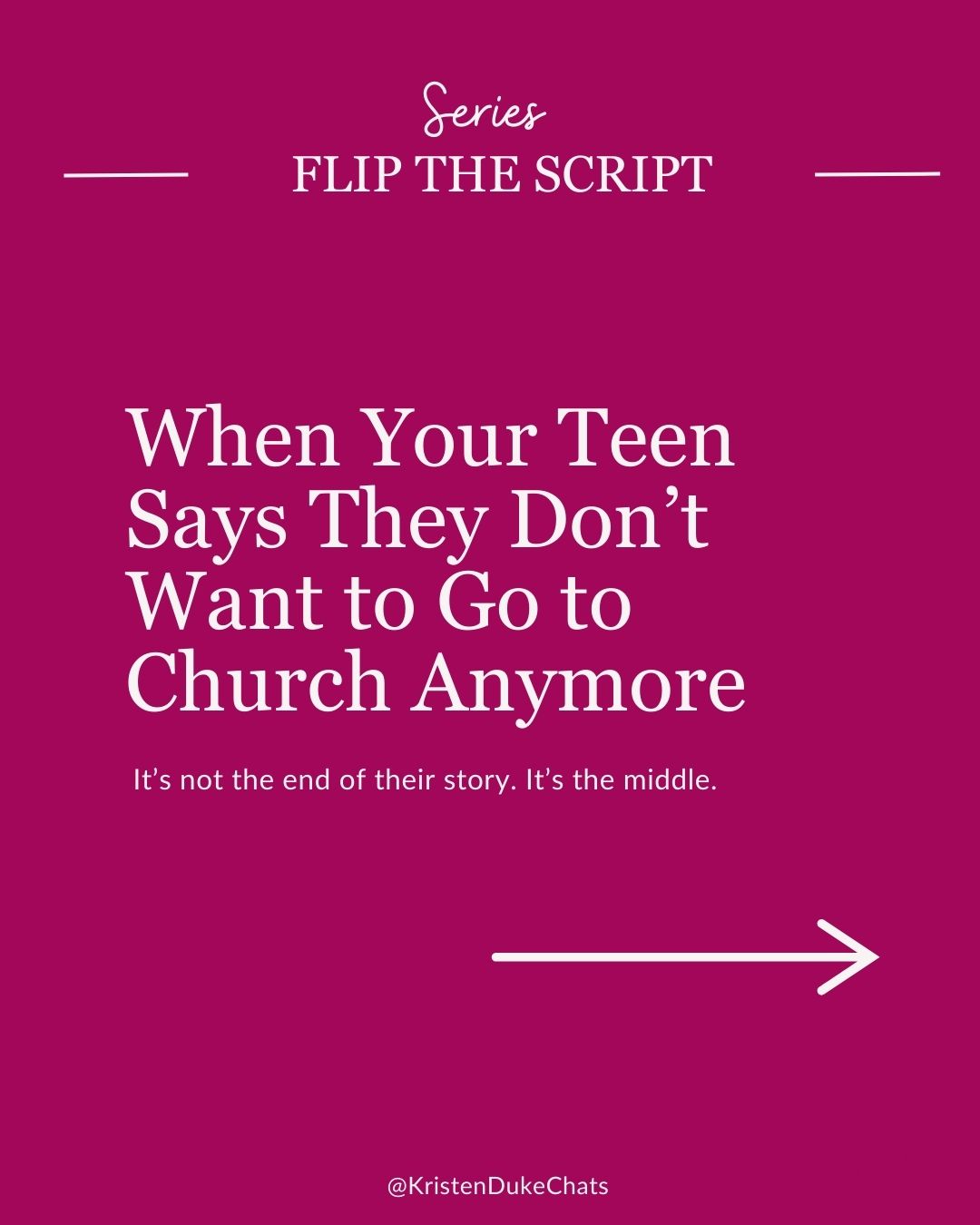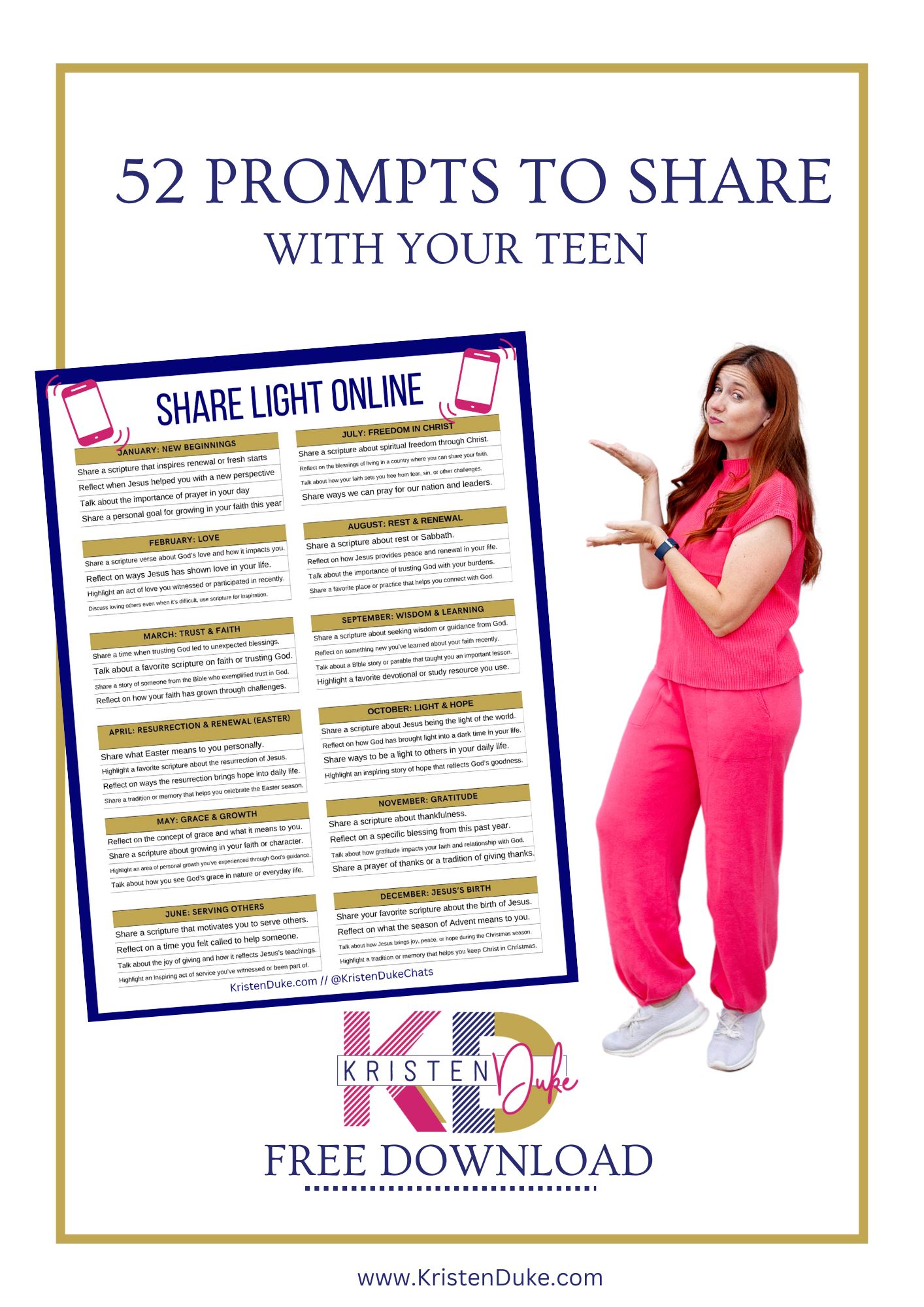If you are concerned about Teens and Eating Disorders, we want to help. Listen to this podcast episode, read the transcript, or at the list print off the free resources shared below. I interviewed Laura from Remarkable Now about her 15 year eating disorder, and her insights are recorded here.
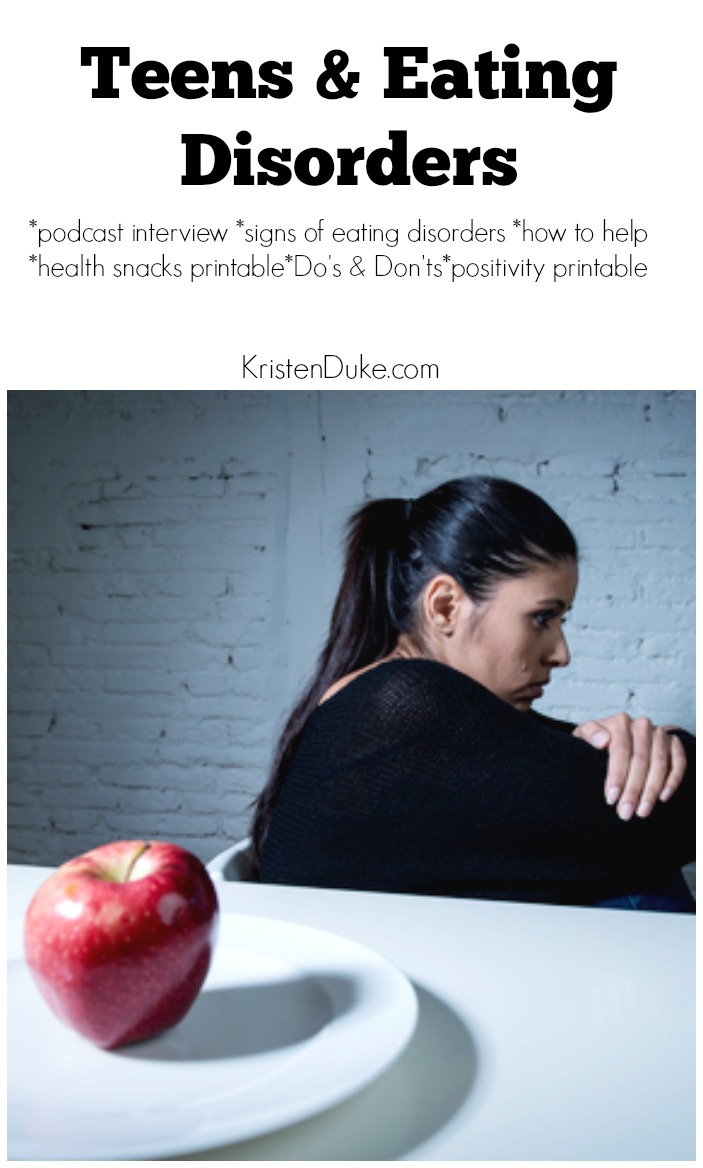
Podcast on eating disorder
Listen to the podcast episode with Laura here:
Laura shares in our interview, “I grew up overweight… I went to weight Watchers when I was only 10 years old. And that was when I learned foods were good and bad. That you could count things. I started to put a focus on my weight was either good or bad, my worth was tied to my weight.”
“[My parents were] coming at it from a place of love and they already completely love their body. But as a 10 year old, I wasn’t coming at it from a place of love. I was coming at it from a place of let’s fix this problem that I have and I was not a problem. But I, I very quickly labeled myself as a problem…”
comparison
After listening to a friend talk about being frustrated with her weight and how she discussed that with her teenage daughter who weighed more than her mom, Laura made the decision not to criticize her own weight in front of her children.
“[In college], I think that’s when I was really thrown into it. We didn’t have social media when I was growing up. And so what gets me excited about you talking to teens now is they’re dealing with all these issues years and years before. They’re on social media and they’re comparing themselves to a bunch of people that they think look the way that they want to look. And they think their life is perfect and they’re seeing a brief, half a second snapshot of someone. They are ultimately deciding, they know their life is happy and better and it’s all because they look good. I went to college where every girl was according to me, the perfect size…”
Eating Disorder
“I lost control, my control, that I thought I had, and it quickly turned into an eating disorder. And so that eating disorder continued for the next 15 years.” “So actually a really long time, unfortunately…I didn’t recover until after my sixth child was born.” Laura said she would toggle between bulimia and anorexia.
“I would count the amount of calories that I’ve eaten that day, write it down on a piece of paper, and then I would go and exercise to that exact amount.” “… when I was pregnant, I would think it’s better and then I would have the baby. And that perfectionism and that comparison game of most mothers don’t look like this after they have a baby. I would get these stories back in my head and I would pull those back stories back in and they’d become my truth again. And I would struggle again.”
“I want to point out is I did get professional help and every time I’d go to see someone, this wasn’t their fault, but I was labeled having a problem. For some reason that just never, it’s something I really, with my clients and the people that I work with, I never want them to see themselves as a problem. Having an eating disorder is just a thought process that you have grabbed a hold of and it’s become your reality because you’ve thought about it enough and you have played into it enough that it becomes truth to you. And really all that is, is changing that truth and changing those thought patterns and realizing that you’re not bad, you’re not flawed, you are not a problem. It’s just the thought process that you’re working to change.”
how to help someone with an eating disorder
Laura believes the number one tool is to acknowledge that is is a thought pattern and thoughts create actions.
“And somewhere in time, somewhere in your youth,…somewhere you heard that you’re not enough or you heard that you could be better by the way your body looks. And so we get these little nuggets and these thoughts thrown at us all day, right?”
“Social media in school and parents, it’s not meaning to, but parents and family and friends and some of them land and some of them get repeated enough that they really become a truth. And so, you know, when I work with, with people, there’s 40 year old women down to, you know, 14 year old girls. What I’m really getting at is what is that? What is that thought that you’ve repeated enough that it’s become your reality and let’s change that thought. So it’s taking those negative thoughts that anyone listening to this podcast will have, that you are talking to has these negative thoughts.”
“I do think that we have a problem talking about eating disorders and it’s really something that we just need to be open about. And if we are open about it, others feel safe to open up about it. I speak all over the nation to groups and every single group I speak to, I have a handful of girls that come up to me and or mothers that struggle with eating disorders. I think we’re in a day and age where we don’t need to be hiding things anymore. We need to be open and talking about it.”
replacing Negative Thoughts
Laura likes to focust on taking the negative thoughts and being intentional about changing that thought. ” It comes into your head, you grab a hold of it, you pop it, you replace it with something else.”
“It’s like a computer screen. Like something comes on our iPhone. We don’t like it, we erase it and we write something else. It’s like a writing an English paper in our class. We write something. Oh, that was the wrong grammar. We are erase it and we write something new. Right? It truly sounds like, it seems so simple and it really is that simple. It really is just putting in new data, getting new information, and grabbing a hold of that along with, you know.
Positive affirmations
“Positive affirmations can change our mindset. And I think at first we say it and we might say it with disdain and then we might say it with neutrality and then we’ll get to a point of saying it to where we believe it. And I think it is a simple but profound tool that can be used in that way.”
gratitude journal
The practice of gratitude is really important to Laura. “I thought, I need to figure out who I am no longer label myself as the person who has an eating disorder, who’s trying to be perfect. I need to figure out who Laura Solorzano is, what are my strengths. That is where gratitude stepped in because the very first practice I grabbed a hold of was the gratitude practice. I had to remember a talk where they spoke about writing down things we are grateful for every night. And so I began a practice of writing five things I was grateful for every morning and every night.”
“I would always talk about my children and my husband and my family and my friends and my home and the blessings that I had. But it’s really neat to go back and look at that very first journal because over time and months of doing that, I started to say things like, I’m grateful my body was able to bring six beautiful kids into the world and grateful I’m still alive, I’m grateful I can run and play and that I can serve, I can give hugs. And it’s really, really special to me to look back at those, the progress.”
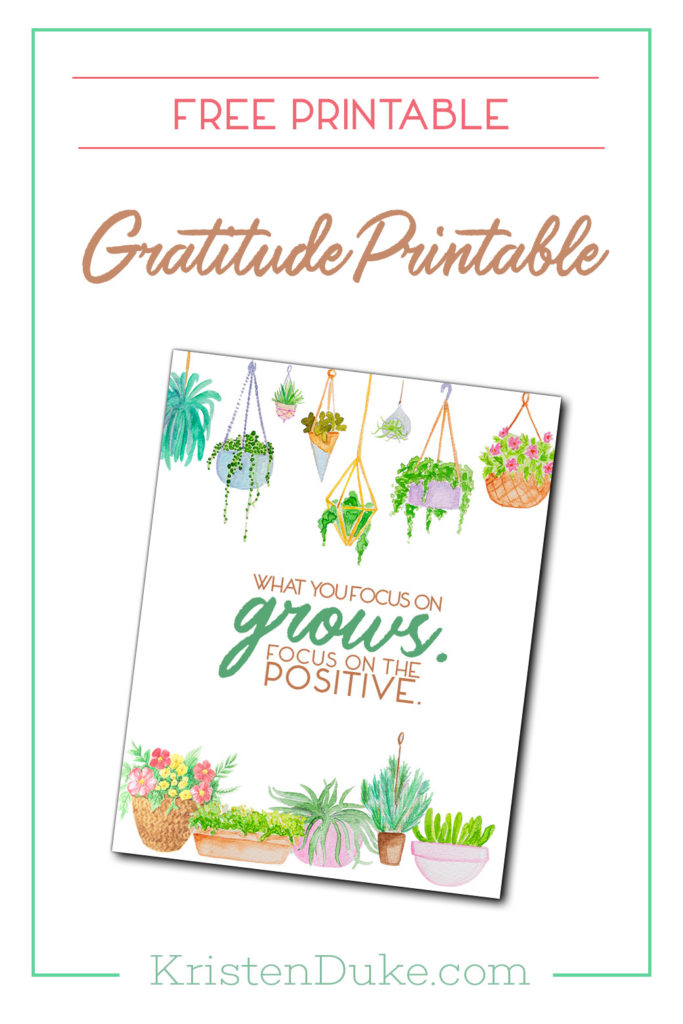
Download free print here: Focus on the Positive Print
How parents can help kids with an eating disorder
“I think the number one thing that parents need to know is that they cannot assume they know better than their kids as far as what they should be eating.”
parents don’t always know better
“We have it in our minds that we know because we’re older and we’ve gone through what we have, but that is based on our own experience. And we can’t assume that when we see a child, “overeating”, that they don’t know what’s right for them. Because these children come to us, they are innately intuitive and they know exactly what they need. And when you think about like a baby, he knows exactly what he needs and he’s done. When he’s done well, that intuition stays with them until we mess that up, basically the world or parents mess that up, that intuition stays there.”
With her own children, Laura focuses on talking about how food makes them feel and having enough energy to do things like play sports.
Don’t compare children
“Do not compare your children to your other children…when I was growing up, I was told my brothers could eat more cause they were growing but I couldn’t. And I was like, well I’m growing too. I think. And I think we do really do that with our boys and girls unknowingly. Oh boys are boys and they’re going to eat a ton, but girls, you can only eat this much. And they get it in their heads early on that they can’t have what the boys can have. They shouldn’t eat. Even if they’re hungry, they should only have small amounts.”
Take responsibility for what you bring into your home
“You know, I don’t like to call it bad or good…but if your child is going to the cupboard and eating 14 bags of goldfish, it’s because their body is yearning for a nutrient that they need. And it’s telling them I need B12 or whatever it is. I need this. Go get it. Well, and it takes them 17 granola bars to get to that. That’s why they’re eating that many granola bars. It’s, it’s not that they’ve lost their intuition, it’s that they have been conditioned to keep reaching for the other stuff because there’s nothing else to grab or because that’s not the norm in your home. And so really we have to take some responsibility that we, a way of showing that love and we know that is by bringing nutritious, healthy food into the home so that their body can get what it’s asking for.”
Healthy options
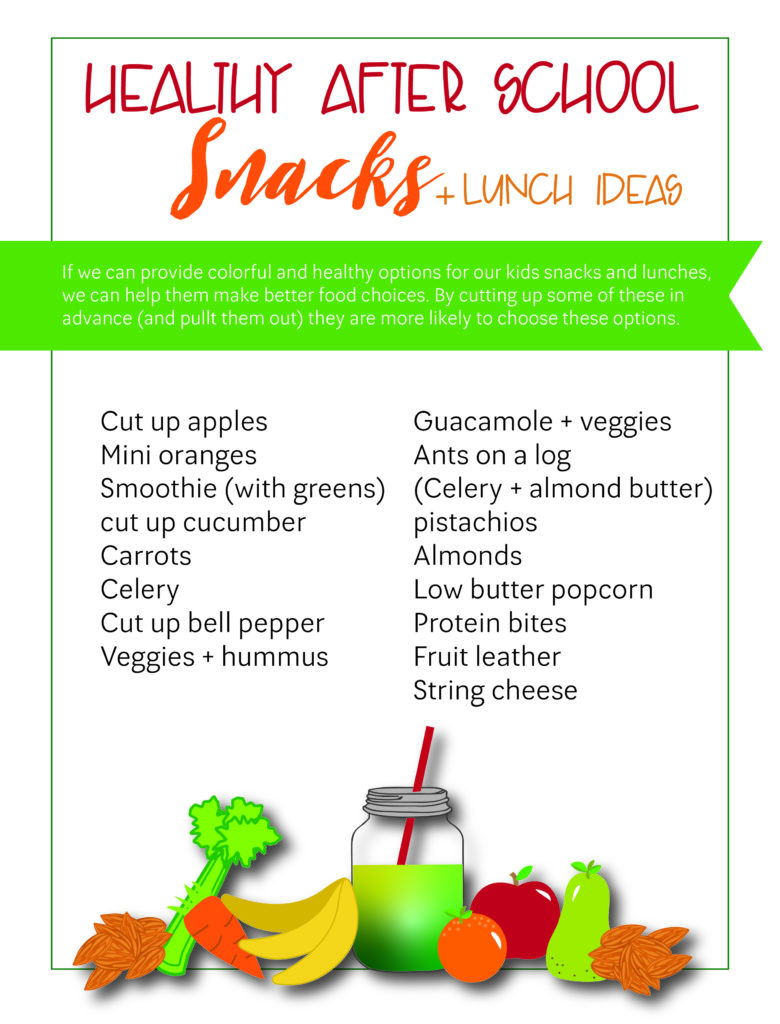
Download this list here: healthy snacks
When Laura’s kids come home hungry, she tells them to go to the fridge first. ” I have noticed that anytime they pull from those options, they are immediately satisfied. Whereas if I would let them go straight to the cupboard…they could eat and eat. They’re still not satisfied and they’re still telling me they’re hungry.”
Do’s and Don’ts
DO
- have fresh food on hand
- focus on strengths
- celebrate what teens love
Don’t
- count calories
- comment on weight
- comment on looks
“It’s so easy for them to just be focused on all the things that they aren’t. We as parents have an awesome responsibility to focus on all the things that they are.”



